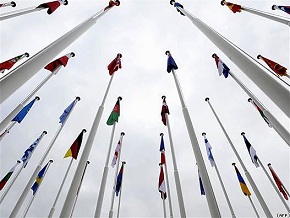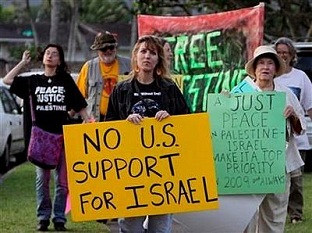NATO summit reveals cracks in Atlantic Alliance

On November 20 in Lisbon, NATO adopted a new strategic concept. It is the seventh in the 61-year history of the military alliance and the first since 1999.
The summit was preceded by months of preparation and discussion. A group of experts chaired by former US Secretary of State Madeleine Albright issued recommendations for the new strategy in May.
After a long tug of war, the strategic concept has now been adopted and was presented to the public in Lisbon. Those attending the summit celebrated it as a historic breakthrough. Germany’s Chancellor Angela Merkel said, “This summit will go down in history. The strategic approach is clear, and it shows we are all working on the same footing.”
In reality, the eleven-page document barely manages to paper over the fault lines that have opened up between the 28 members of the largest military alliance in the world. It is a verbal compromise between divergent interests. The different factions were able to agree on many formulations only at the last minute.
Where the summit was unanimous was that the military should in the future play a far more important role in political and social life. In addition to collective defence with conventional and nuclear weapons, the new strategy sanctions international interventions of various kinds, such as those NATO has already conducted in the former Yugoslavia and is presently carrying out in Afghanistan, the Horn of Africa and elsewhere in the world.



























